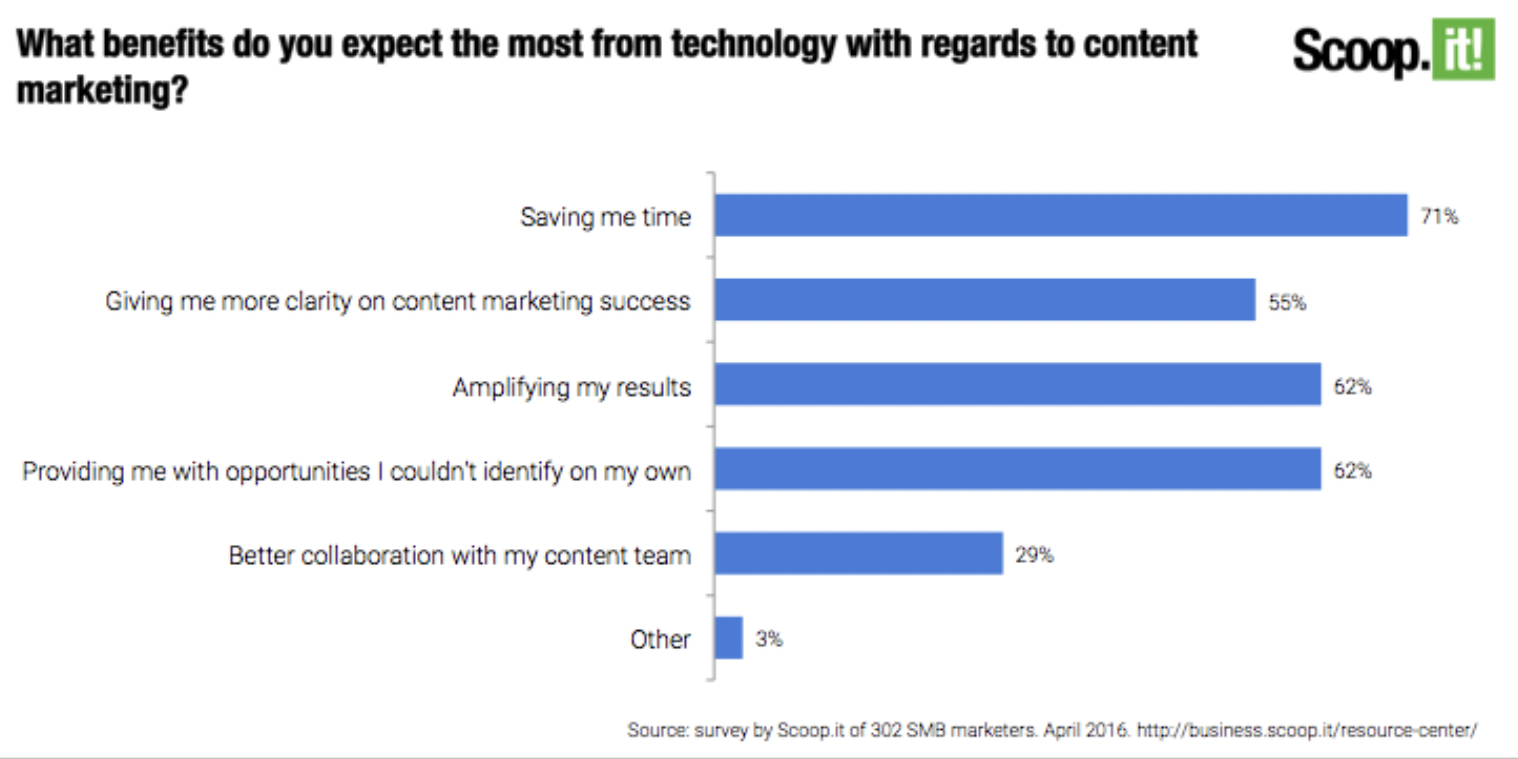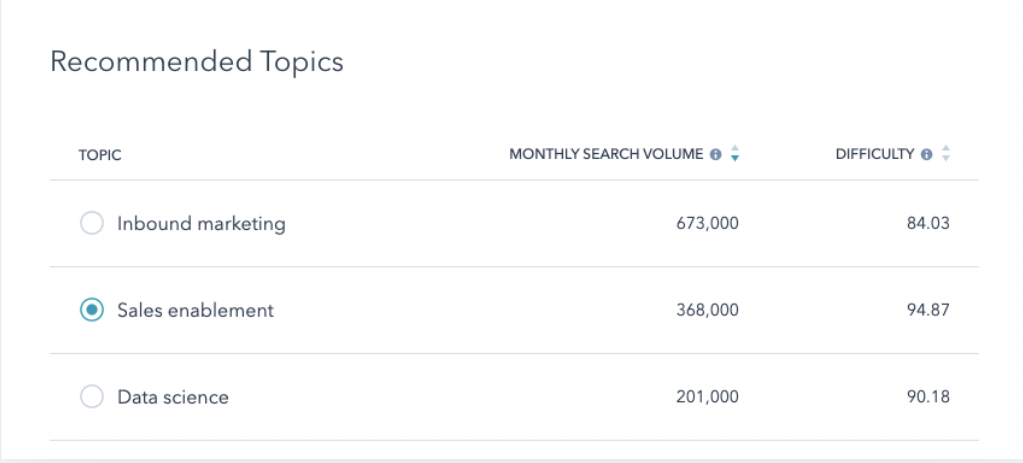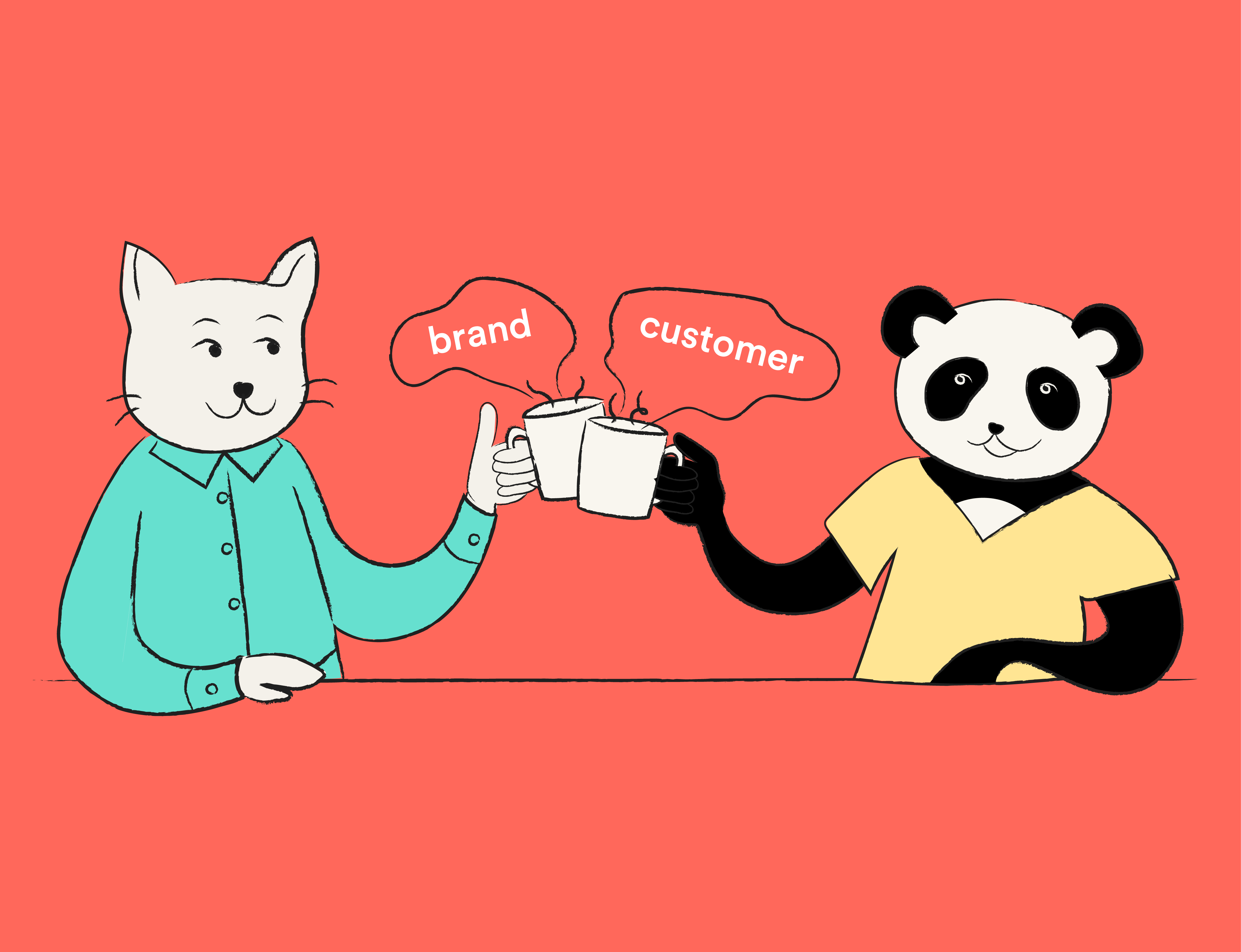Everyone, in some form, encounters content marketing. You may not realize it or notice when you are, but it’s now part of everyday life whether you like it or not. And what’s not to like? It’s designed to answer your questions, appeal to your way of life, and be engaging.
However, if you’re a business putting together marketing programs, it can be difficult to achieve success without a little help. This is why most companies rely on some form of content marketing technology, or Martech, as us Literal Humans like to call it. In this article, we first cover the basics and then delve into the good stuff, like specific technologies your company should start using and how.
What is content marketing technology?
Content marketing technology simplifies vast amounts of complex data into understandable insights and trends. It can do this for just about everything from content management to content production and distribution (so, pretty much your whole strategy). It allows a deeper understanding of your audience and the effect of your marketing campaigns.
Tech companies are producing tools that utilize this technology to help you create and distribute high-quality content. They use artificial intelligence, machine learning, analytics, and natural language processing. But we’ll get into the crux of those a bit later.

This technology can be used in all areas of your strategy and for all types of content, including:
- Social media
- Email marketing
- Infographics
- Digital marketing
- Podcasts
- Webinars
- White papers
How can it help your marketing efforts?
Content marketing technology focuses on optimization. This means each piece of content should be created with SEO in mind (search engine optimization). Meaning you are more likely to appeal to your target audience and increase your brand awareness and visibility.
However, the focus is not solely on search engines. Martech also includes optimizing your time, audience, and money. The benefits of implementing this in your strategy are endless, but here are a few to pique your interest:
- Improve customer experience: Optimizing your content creation will ultimately improve it, meaning your customers are more likely to engage with it.
- Help build an editorial calendar: By creating simple workflows for content creation and distribution, building editorial calendars becomes a breeze.
- Provide relevant content for curation: AIs are a great tool to use when aggregating content to curate and share with your audience.
- Provide insights into buyer personas: Through analytics, you can more deeply understand your target audience and what they want.
- Create a smooth customer journey: By integrating content technology with your marketing strategy, your customer journey will be more personalized, making it an easier and smoother transition to conversion.

Examples of content technology and how you can use them
The appropriate technology to use will depend on the type of content you produce. However, we’re going to look at some of the most advanced tech that will help just about any marketing team.
Artificial intelligence
The uses of artificial intelligence seem endless at the moment. It is revolutionizing every industry, and that includes content marketing. If you’re not using AI already, you’re missing out.
Most tech content marketers and tools will use some form of AI in their processes. A good example to take a look at is HubSpot, a customer relationship management platform (CRM).
HubSpot AI means you can optimize content on a larger scale. An example of this is their SEO Suggestions. Their SEO tool, with the help of AI, will scan your website and provide a list of topics you can write about that are relevant to your audience and that you haven’t covered yet. Making the planning element of content marketing super simple.
Why use brain power when you’ve got an automated tool?

This is just one example of how you can use AI for content marketing, but the list is endless:
- Marketing automation: With little human interaction, an AI can automatically create a personalized piece of content for you to distribute.
- Provide insights into your customer base: By collecting vast amounts of data and analyzing it, AI can create detailed customer personas for you to better understand your audience.
- Generate fresh keywords: Stuck for ideas? No need to panic. Your AI can provide you with the most relevant and up-to-date keywords to write about.
- Curate content: No one’s got time to search day in and day out for high-quality content to share. But your AI has, and it will.
- Customer service: Want a middleman for your customers before it goes to your human team? A simple AI chatbot can answer simple questions and resolve issues quickly.
Machine learning
Machine learning is a form of AI. It refers to the ability to learn from data and make predictions. Ultimately it can tell you what your consumers want by observing their behavior. It’s all based on algorithms, meaning it can constantly analyze and learn in the background without any input from you.
Let’s take a look at Semrush as an example. They offer a platform where you can organize your whole content marketing strategy by taking advantage of all of its software and tools. This includes competitor analysis, keyword research, rank tracking, social media management, and a lot more.

But where do they get all of that data? And how can they have time to do that for every company that signs up? The answer is machine learning. The algorithm they use is called neural network, and in their own words, it is “a combined algorithm that references various sources of data and recognizes patterns in the same way the human brain understands patterns.” From this, predictions and assumptions can be made about your customer base and what they want.
Some ways to incorporate machine learning into your content marketing strategy include:
- Predict customer search intent: By observing thousands of customers’ behaviors and analyzing search trends, machine learning can predict the next trend so you can stay ahead of the curve and keep your content relevant.
- Personalize content: You can gain better insights into your customers through the data collected by algorithms that assess their behavior when interacting with your content.
- Take over menial tasks: If you want to focus solely on creating brilliant content, then let algorithms take over the menial tasks, like keyword analysis.

Analytics
Analytics should be at the forefront of your content marketing efforts. Without an understanding of how your current content is performing, you’ll never know how to improve. And there’s always room for improvement.
According to Content Marketing Institute, an impressive 82% of tech marketers have said they use some form of an analytics tool. So, the likelihood is you already are. But to what extent? The more you analyze your performance, the better it will become.
One of the best tools is Google Analytics. They offer various plugins and extensions on web pages and content management systems (like WordPress), so you can see the performance of particular pages and make comparisons. This is a great way to check how new content is being received.

Here are a few of the most important metrics for content marketers:
- Website traffic
- Conversion rate
- Bounce rate
- Email engagement
- Social media engagement
- Click-through rate
- Traffic sources
Natural language processing (NLP)
Ever wondered whether you’re talking to a bot or a human? Well, the line has been blurred thanks to natural language processing. This is a type of marketing technology that has become an essential element in humanizing content.
NLP basically refers to the ability to adapt highly contextualized meanings from language inputs. Still unsure what that means? Basically, this form of AI can understand the way people feel, the type of person they are, and their interests by analyzing the language they use. Pretty insane, right?

It might be becoming clear what this can be used for. It’s similar to standard analytics but focuses more on language and sentiment rather than numbers. Let’s take a look at how this can help your marketing efforts:
- Sentiment analysis: Want to know how people feel about you but don’t have the time to trawl through all the social media comments and conversations? NLP can do that for you. It doesn’t stop at just positive or negative. The most advanced algorithms can tell you if customers are disappointed, angry, excited, and more.
- Content creation: So far, we have focused on natural language understanding. However, a key element of NLP is also generating. This means that AI programs can create simple content like blurbs, introductions, or blog titles that use language as any human would. Look out, content writers, you’re in trouble.
- Chatbots: If you have a lot of content on your site about how to use your product, like a knowledge base, it’s likely people will have questions. Static FAQ pages are no longer satisfactory. NLP allows chatbots to respond to customer queries efficiently and effectively. You’re talking to a bot more often than you think.

Conclusion
We’ve looked at some of the most advanced content marketing technology out there because it’s important to stay ahead of the curve. Your content is unlikely to be successful if your competitors are using detailed AI algorithms every step of the way while you stick to keyword counting. It just won’t cut it anymore.
Don’t worry, you don’t have to figure out these algorithms yourself. There are plenty of SaaS programs that do it all for you as a subscription package, like HubSpot and Semrush. Are you ready to up your content marketing game?









